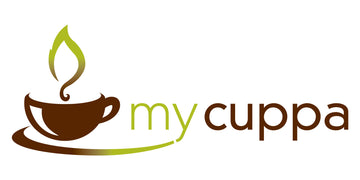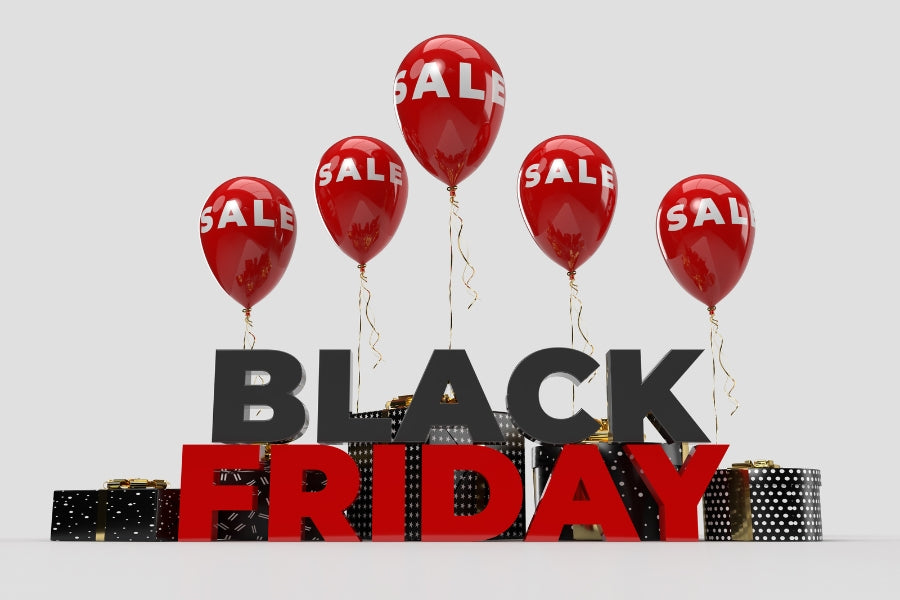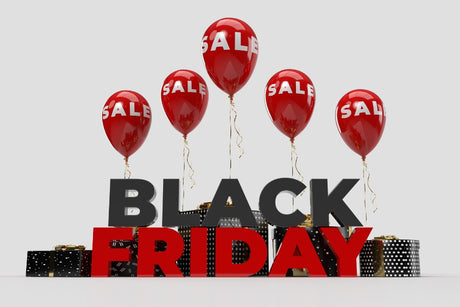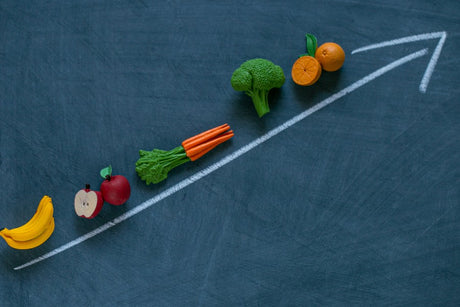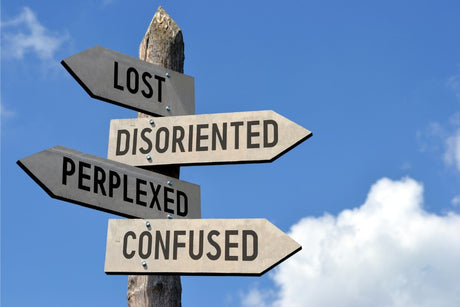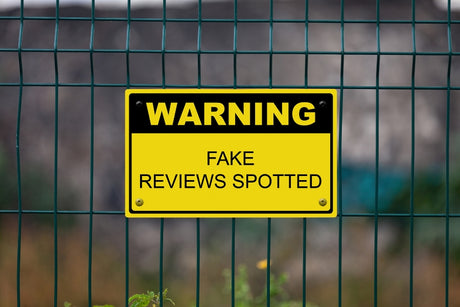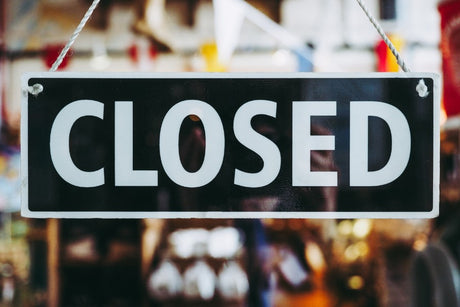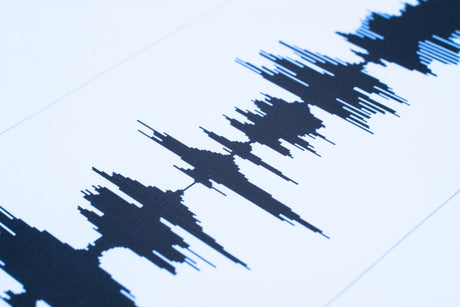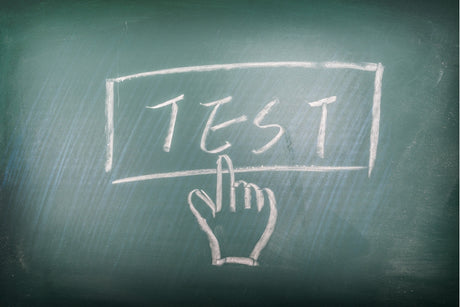Last year, the ACCC successfully sued a large Australian online retailer (Kogan) for misleading consumers in their "Tax Time" sales promotion in June 2018.
They had advertised their offer with an opportunity for savings of 10% at the checkout when the company had deliberately increased the pricing of up to 600+ products just before launching the promotion.
The increases before the sale offer were greater than 10% in some cases.
These were also on expensive electronic items such as computers, etc.
In this article, we are not targeting or judging the company for its conduct, but it illustrates what is often a deeply concerning culture in Australian retail.
This is not just a problem in Australia, as retail brands worldwide claim that sales or discounts are required to drive purchases.
In some industries, the standard or recommended selling price has become an embarrassing joke with goods perpetually on sale.
Only pay the full fee for those industries if you are silly enough to buy something not on sale.
It's catching consumers, and the ACCC rightly believes it is a trap.
I'm not one for visiting Shopping Centers as I am time-poor and buy online late at night.
However, a recent walk through a big shopping centre revealed every retail outlet had a large, permanent red "Sale" sign out the front of their shop.
This repeated pattern across all the shops in the mall did not go unnoticed.
Only a handful of brands were exempt from this "fake sale" retail practice - namely Apple, Dyson, etc.
A recent investigation by Choice tracked the price of four espresso machines across 13 retailers over six months to determine the best time to buy.
Choice discovered that although the prices fluctuated during a COVID period, the Black Friday sales discounts were not the cheapest overall and that Black Friday did not offer the best deals on these monitored products.
Gee, what a surprise!
Black Friday and Cyber Monday have emerged as a popular choice for consumers.
They are now ranked higher in value (goods sold) than the traditional Boxing Day and End of Year sales events that have declined over the last decade.
But that may have more to do with the BFCM dates falling in the ideal period, a month before Christmas, when everyone is considering buying gifts.
Many retailers rely upon big sales events to shift stock.
In the case of some products being prone to rapid obsolescence when manufacturers frequently release newer models, the BFCM events are a convenient channel to dispose of excess or distressed inventory.
Nowhere else is this more evident than in white goods and electronics, but given supply chain shortages and higher sea freight costs, fewer retailers may be willing to sacrifice inventory at lower margins during promotional sales events.
The key driver for many retailers participating in BFCM discounting is more about simple FOMO - desperately afraid of losing out on many levels, customers, revenue, marketing, etc.
This year, it has also been bizarre to see service industries jumping on the Black Friday bandwagon – yes, I did see an accounting firm and a garden maintenance company offering a discount if you booked in their Black Friday campaign.
With the rising raw coffee prices in 2021, many coffee companies faced disruption and financial strain.
It was interesting to see how many would participate in Black Friday sales events despite the crisis of confidence and peer pressure.
Some companies were experiencing FOMO and didn't want to miss out.
Sure enough, some gave it a crack.
However, I needed to search wider to compile useful stats.
It was mostly the noisy and somewhat annoying social media advertising to promote their BFCM offers.
As we noted in our article about rising raw coffee prices, it's hard to imagine how coffee companies could contemplate discounts at this time if they were indeed offering their products at competitive prices in the marketplace.
The shock of an almost doubling raw coffee has still not completely sunk in.
But then again, many brands see the online segment as a license to empty your wallet or bragging rights on who thinks they are the best by charging the highest prices while offering competitive pricing on the same products to their beloved wholesale clients.
A 2-speed rate card.
There were plenty of examples with a generous lashing of "mayonnaise" used in the discount claims; retail prices of up to $75 for a kilo of coffee were a serious stretch even to our vivid imagination.
They are thinking beyond the sale event moment when it comes time for the customer to re-purchase after enjoying the generous BFCM discount; what happens when the price is back at the lofty RRP levels?
Or nobody has fully thought about how that part works.
Coffee must perform consistently to win trust and loyalty.
Good luck to them if they make it to the other side in 8 months as the rest of us batten down the hatches for the biggest storm the coffee industry has experienced in a generation.
